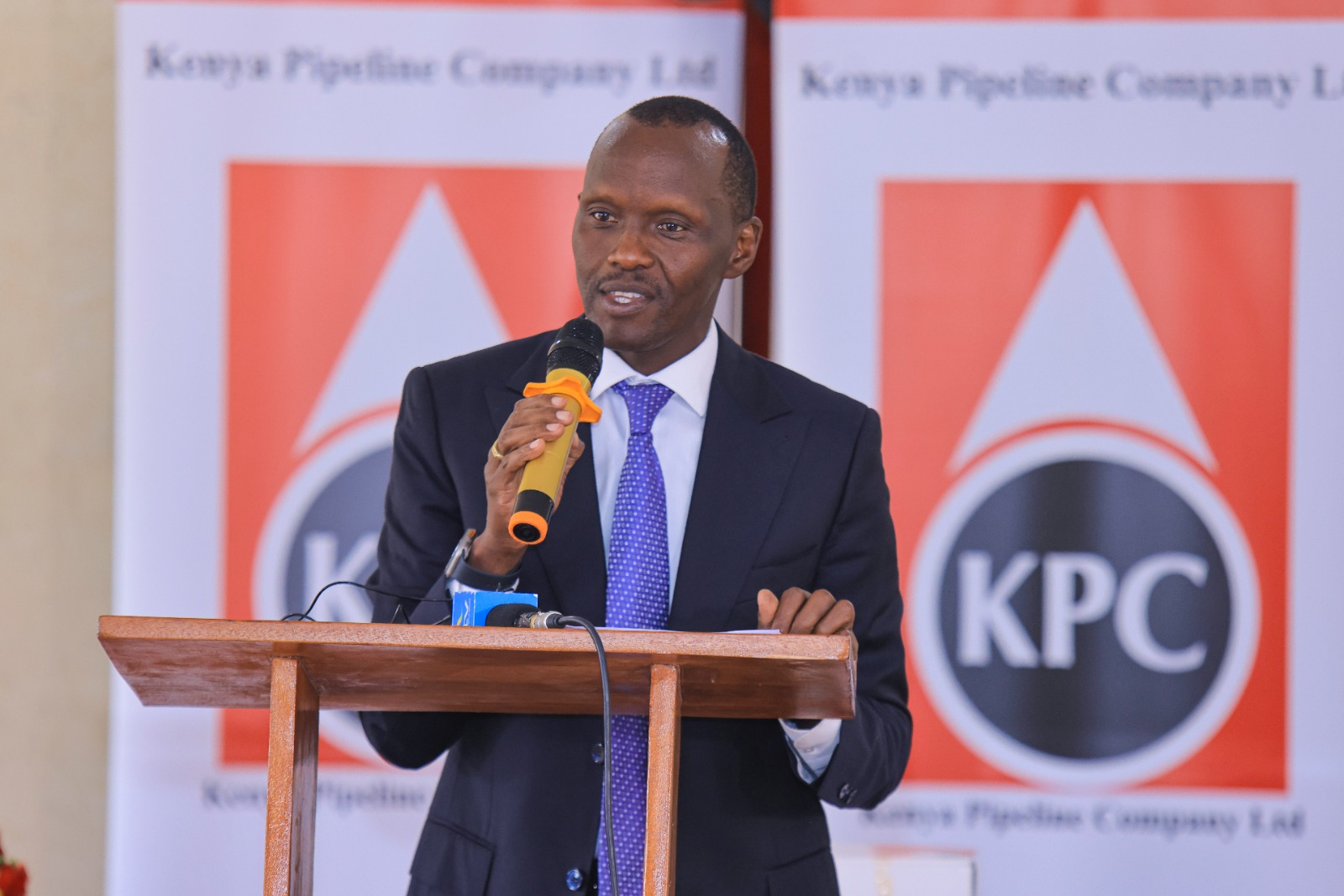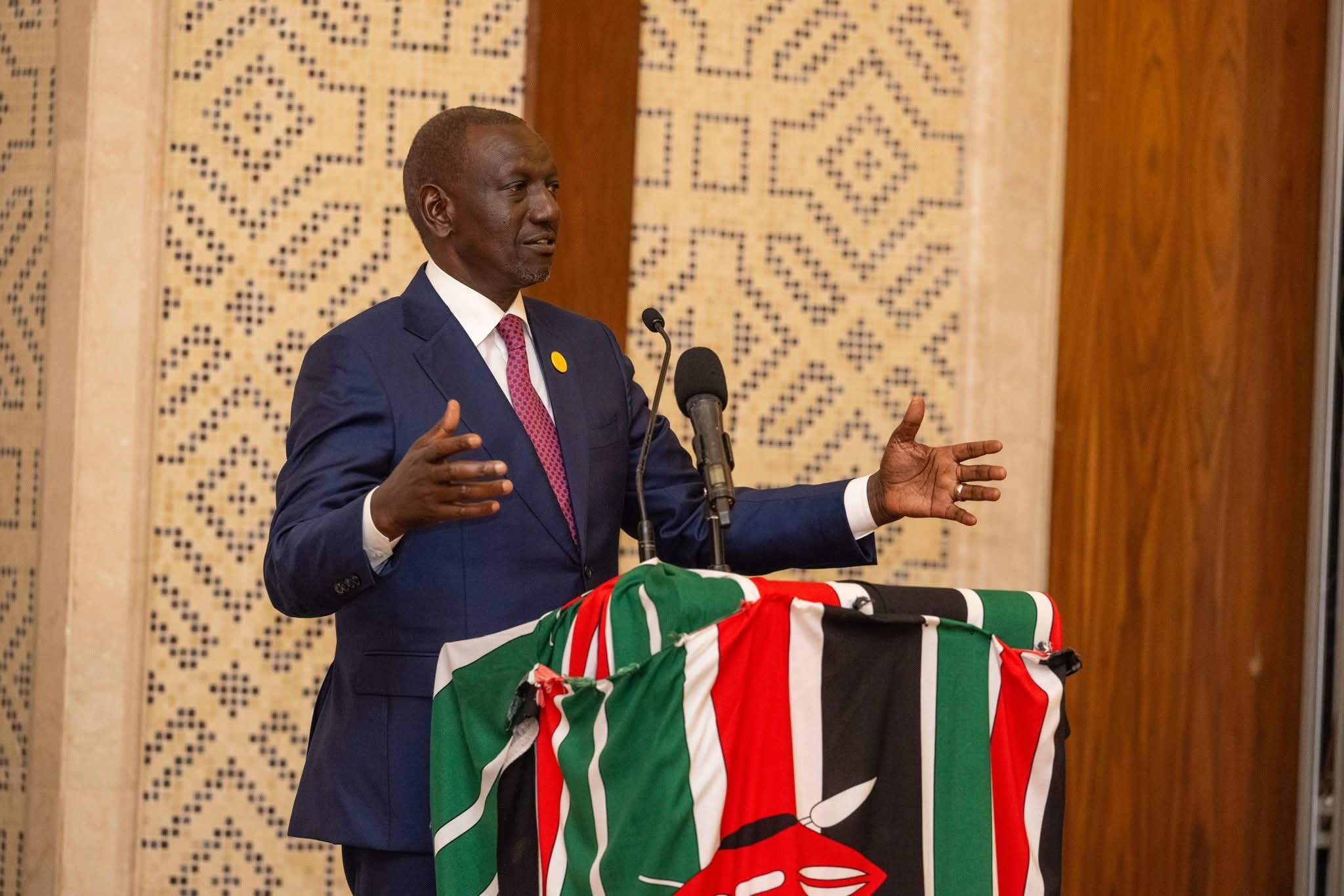

The Kenya Pipeline Company (KPC) has detailed measures it has undertaken
to address the aftermath of the oil spill into River Thange in Kibwezi, Makueni
County, following a Senate inquiry into the matter.
In a letter to the Clerk of the Senate dated April 30, 2025, Managing
Director Joe Sang affirmed KPC's commitment to compensation, water provision,
site clean-up, and ongoing environmental monitoring.
He said KPC had completed the compensation of 342 affected households,
disbursing a total of Sh38 million through an insurance firm.
“As part of the incident response, KPC undertook an ESIA through an
independent consultant… that included medical examinations of over 400 members
of the village,” Sang explained.
He noted that during the emergency phase, potable water was supplied for
two years through nine tanks placed around the village.
However, Sang said, a long-term solution to drill a borehole was
suspended due to local disagreements on the location.
“Upon identification of a suitable
location by the community, KPC shall review the same and intervene
appropriately,” Sang stated.
KPC also confirmed the clean-up of the contaminated site over a
three-year period, which included joint internal and external audits.
Sang noted that the National Environment Management Authority (NEMA) later
issued decommissioning letters after confirming the restoration of the area.
On the issue of environmental monitoring, Sang reported that annual
analysis continues, including tests for hazardous hydrocarbons like Benzene and
Xylene.
“The last annual monitoring analysis results conducted in April 2025 did
not indicate the presence of oil in the waters of River Thange and soils around the
remediated sites,” he said.
While highlighting the measures taken, KPC acknowledged that local
residents have filed a case in the Lands and Environment Courts in Makueni,
seeking further compensation.
A ruling is expected sometime in 2025.
Sang reiterated KPC’s dedication to transparency and collaboration with
stakeholders.
“We have not seen any indications
contrary to the various results over the years undertaken through
NEMA-registered independent third-party laboratories,” he concluded.




















